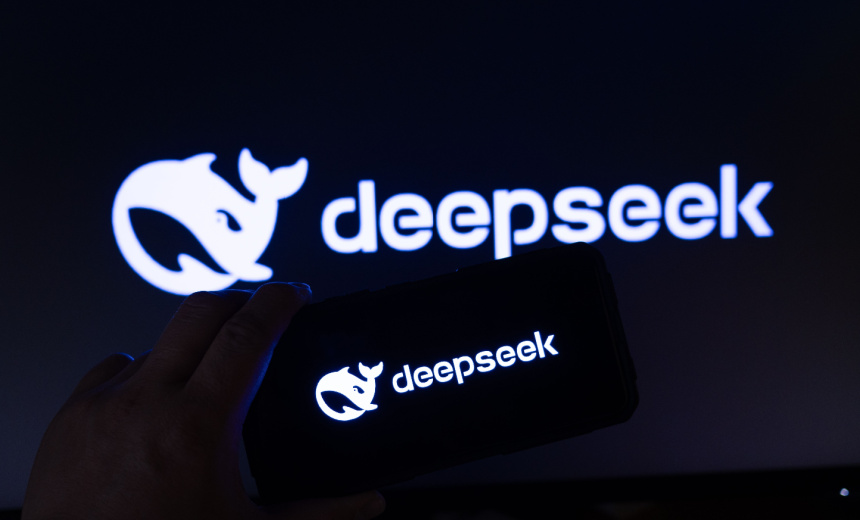Concerned About DeepSeek? New Findings Show Gemini as the Top Data Violator

Data Privacy in AI Chatbots: Insights from Recent Research
Overview of AI Chatbot Data Practices
As the use of artificial intelligence in daily life continues to grow, so do the concerns about data privacy. Recently, a study revealed that some prominent AI chatbots, particularly those based in the United States, might be collecting more personal information than foreign counterparts like DeepSeek, which is known for its open-source AI model.
The Rise of DeepSeek and Public Concerns
DeepSeek made headlines when it launched its AI model in January, stirring a mix of fear and excitement within the tech community. While some praised it as a pivotal moment in AI development, many raised alarms about privacy violations. Just two days post-launch, approximately 12 million users had already downloaded DeepSeek, prompting fears about data security that led to bans on its use by various organizations in the U.S. and beyond.
Data Collection Comparisons
Insights from Surfshark Research
According to recent findings from Surfshark, a well-recognized VPN service, Google Gemini emerges as the most aggressive data collector among AI chatbots. DeepSeek ranks fifth in a list consisting of popular applications such as ChatGPT, Copilot, Perplexity, Grok, Jasper, Poe, Claude, and Pi.
Types of Data Collected:
- Google Gemini collects 22 out of 35 categorized user data types. This includes:
- Location data
- User-generated content
- Device contacts
- Browsing history
Only a few chatbots, including Gemini, Copilot, and Perplexity, gather precise location details, while about 30% of these platforms share sensitive user information with third parties, such as data brokers for advertising purposes.
Tracking User Information:
Around 30% of the chatbots are engaged in user data tracking. Apps like Copilot, Poe, and Jasper have been identified as collecting user data linked to third-party metrics to enhance targeted advertising. Additionally, Copilot and Poe acquire device IDs for tracking, while Jasper also collects information regarding user activity and interaction with advertisements.
Position of DeepSeek in the Market
DeepSeek’s R1 model is somewhere in the middle of this spectrum. It gathers an average of 11 distinct data types, primarily focusing on contact details, user content, and diagnostics. In comparison, ChatGPT collects 10 types of data, which also includes contact information and user-generated content allowing users to opt for temporary chat functionalities.
DeepSeek’s privacy policy offers users control over chat history, enabling them to manage and delete such records in their settings. However, the chatbot has faced criticism due to its potential vulnerability to heightened surveillance and national security risks.
Transparency: DeepSeek’s Privacy Policy
DeepSeek’s privacy policy notes that collected personal information may be stored on servers located outside the user’s home country, specifically in China. This raises alarms about the handling of sensitive user information especially as the global AI landscape progresses.
The Bigger Picture: AI Development and Privacy Risks
The rapid advancement of AI development across the globe, particularly involving U.S. and Chinese technologies, underscores continuing concerns surrounding privacy and security. The competition between these two nations in advancing AI capabilities could potentially lead to further risks regarding data ethics and personal security.
In summary, as users engage with AI chatbots, they must remain informed of the data practices associated with each application to ensure their personal information remains safeguarded. The diverse approaches to data collection seen in platforms like Google Gemini and DeepSeek highlight the varying standards of privacy within the industry.






